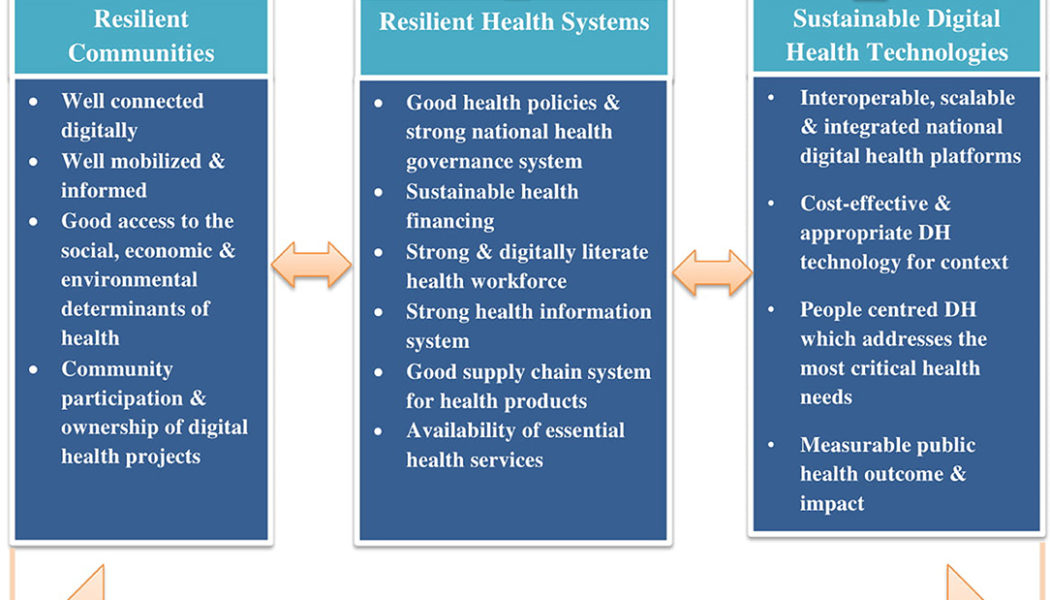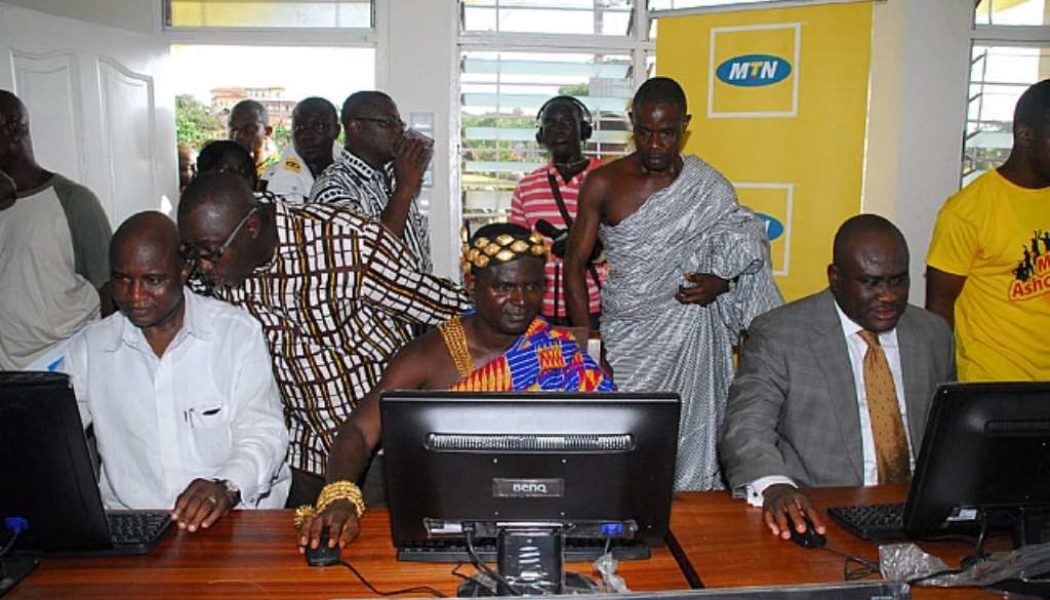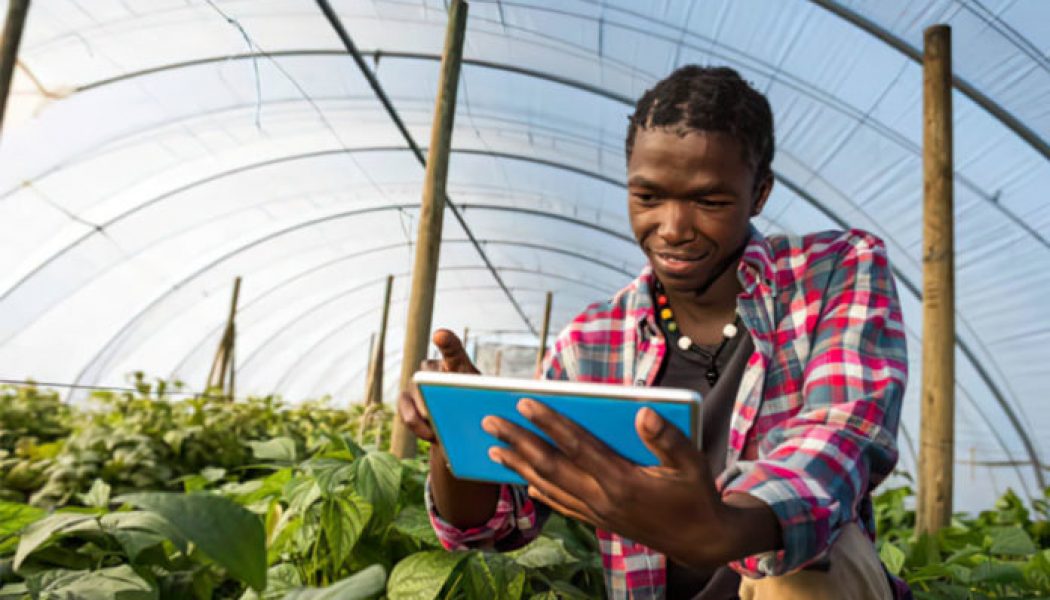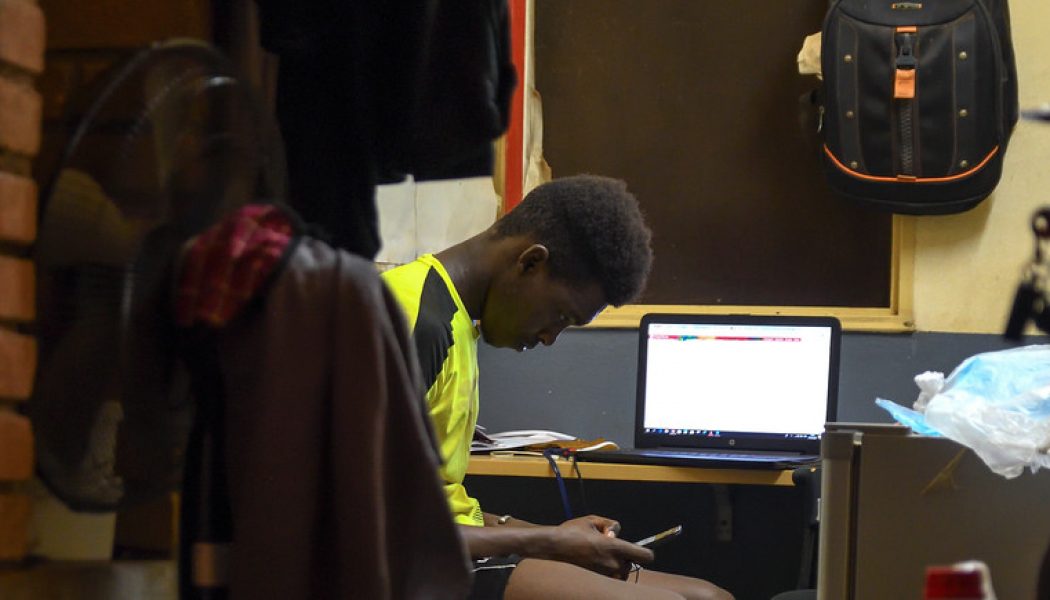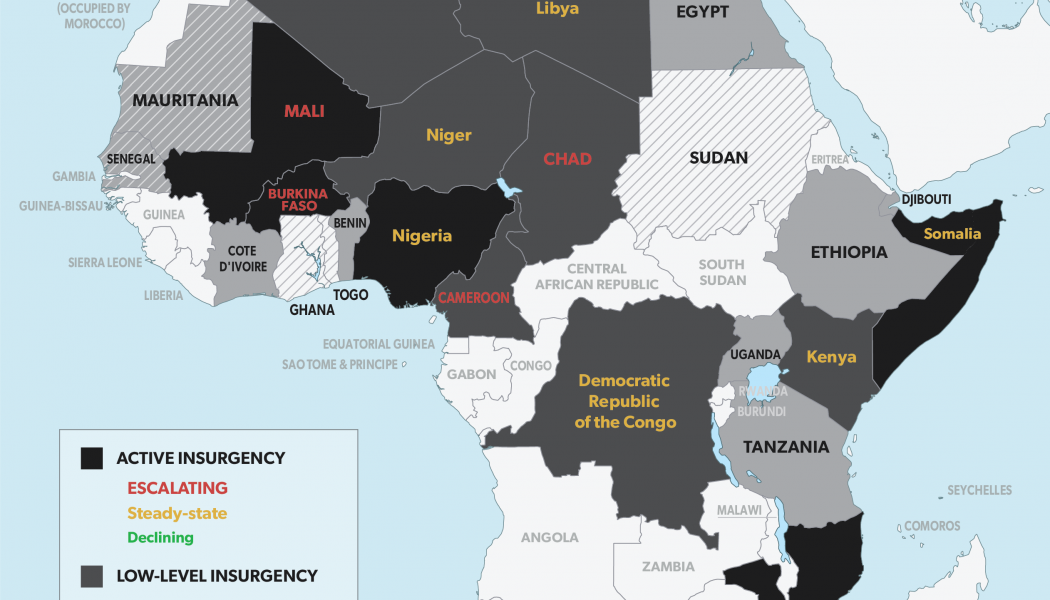tech news africa
How Blockchain and Crypto Can Lessen Financial Exclusion in Developing Countries
/* custom css */ .tdi_4_8ce.td-a-rec-img{ text-align: left; }.tdi_4_8ce.td-a-rec-img img{ margin: 0 auto 0 0; } While the COVID-19 crisis has reversed the recent global poverty reduction, according to the UN and other experts, it has also sped up financial inclusion via mobile financial services apps provided by crypto, blockchain and FinTech startups. Many people worldwide take for granted the services billions of others struggle to access. In their book “Financial Exclusion and the Poverty Trap,” authors Pamela Lenton and Paul Mosley assert that one of the main causes of poverty is financial exclusion, which they define as the inability to access finance from mainstream banks. /* custom css */ .tdi_3_d8d.td-a-rec-img{ text-align: left; }.tdi_3_d8d.td-a-rec-img img{ margin: 0 auto 0 0; } ...
African Union Forms Partnership to Accelerate COVID-19 Testing on the Continent
The Commissioner for Social Affairs, Amira Elfadil Mohammed, today rolled out the Partnership to Accelerate COVID-19 Testing (PACT) at the African Union Commission headquarters in Addis Ababa, Ethiopia. In his message to participants in the rollout event, the Chairperson of the African Union Commission, Moussa Faki Mahamat, says that “We have set four goals for PACT: to scale-up testing for COVID-19, to continue training healthcare workers on the continent, to establish a platform for pooled procurement at Africa CDC, and to deploy one million community workers who will help trace contacts of confirmed cases. PACT is a vital component of the continental response to COVID-19 and it is the key to ensuring that we unlock our economies in a safe manner.” Anchored on the African Union Joint Con...
COVID-19 Exposes Lack of ICT Policy in Nigeria’s Education System
Sourced from the Chronicle of Education The COVID-19 pandemic has exposed the fragile state of Nigeria’s education system. A system which the Guardian Nigeria describes as “messy,” one that “lacks information and communications technology (ICT) ingredients, leaving the system to churn out half-baked graduates.” They write that with the continued closure of schools in an attempt to contain the spread of the pandemic – children are now going to be severely disadvantaged, and their families will suffer because of the interrupted learning, compromised nutrition, childcare problems, and consequent economic cost to families who could not work. Today, the distinctive rise of e-learning had made education change drastically – teaching can be undertaken remotely and on digital platforms. But in Nig...
